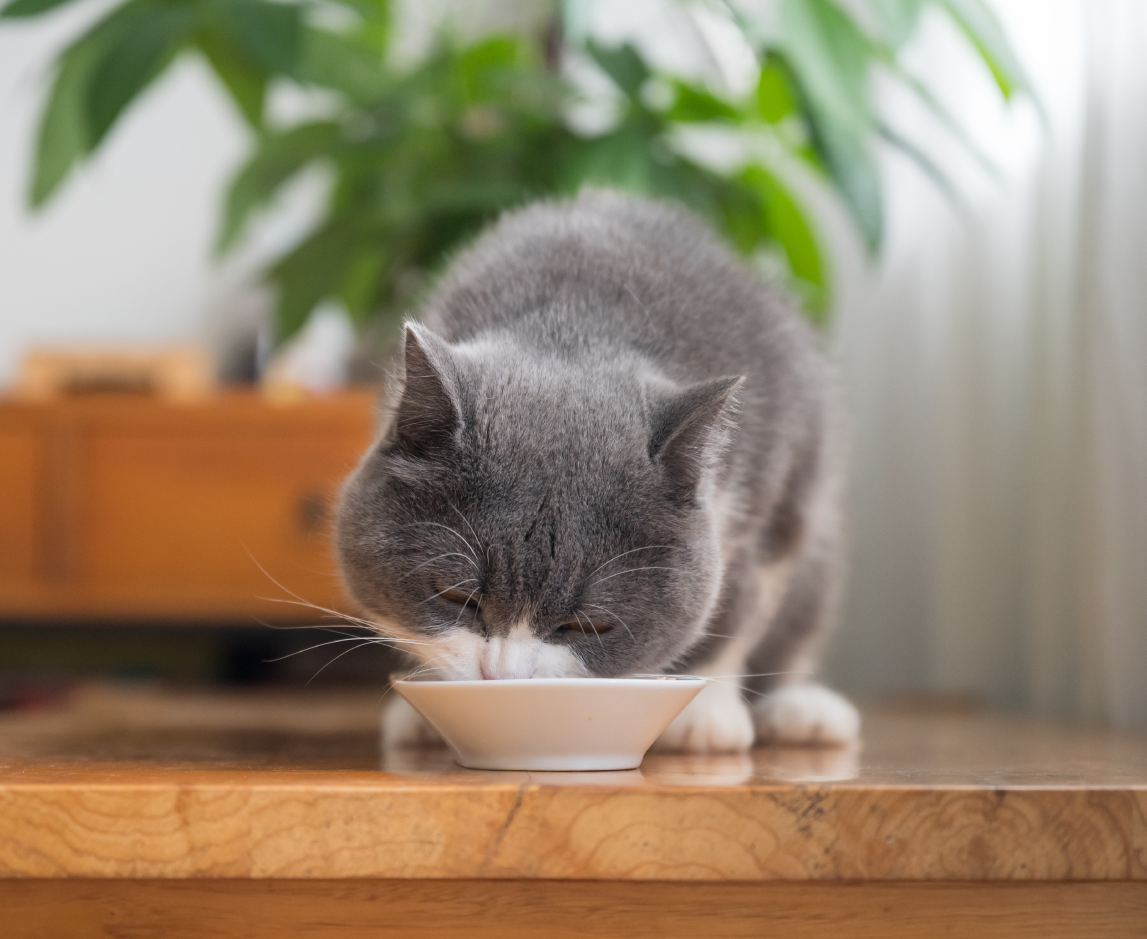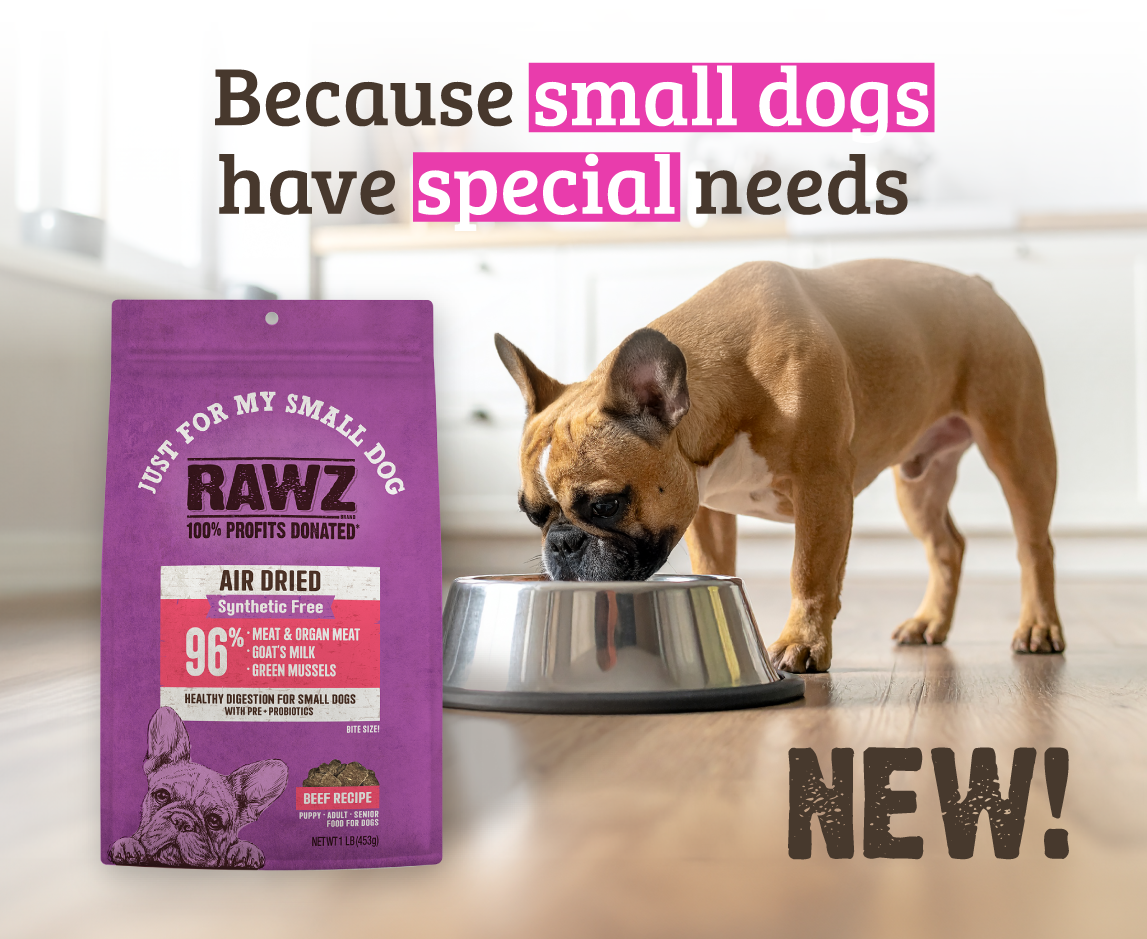At the beginning of the Summer, we posted some tips on keeping your pet safe in the Summer heat. As one can imagine, although different, the Winter climate presents a completely different set of risks to our pets. The following suggestions come from the American Veterinarian Medical Association (AVMA):
-As always, make sure your pet is up to date on all her immunizations
-Limit exposure to cold temperatures; despite having fur, pets are also sensitive to cold weather.
-Provide your pet with choices for where it sleeps so that any cold spots or drafty areas can be avoided.
-Always check below your vehicle before moving it as cold pets will often seek out the warmth of a recently running engine.
-Consider clothing to keep pets warm.
-Familiar scents often become lost when frosts and/or snowfall occurs which creates the danger of pets more frequently becoming lost. These conditions make it important to keep all pets identifiers and registrations up to date.
-Some pet owners believe that it is good for a pet to put on excess weight in order to stay warm in the winter. This is never a good idea. The adverse health complications of obesity more than offset the heat gains.
-Although lakes and ponds provide vast open spaces, the risk of a pet falling through the ice makes it a risky area for them to spend time.
-Watch for antifreeze spills on garage floors and be careful where antifreeze is stored. Antifreeze's taste is appealing to pets, but it can be lethal when ingested.




